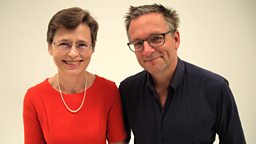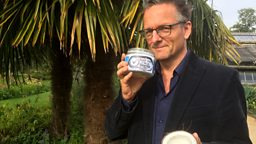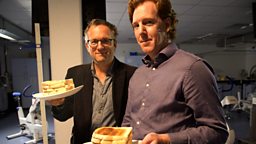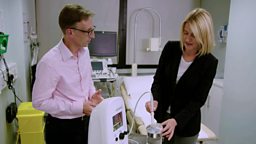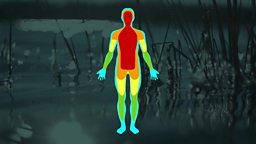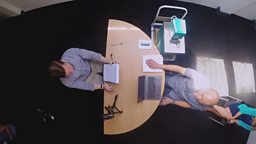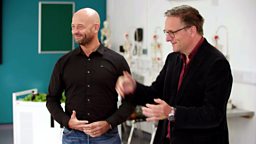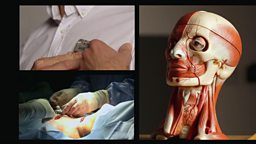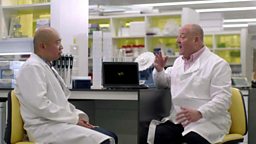The new nerve stimulation therapy for stroke survivors
Every year in the UK, around one hundred thousand people have a stroke. The most common form of stroke is when the blood supply to the brain is cut off by a blocked artery.
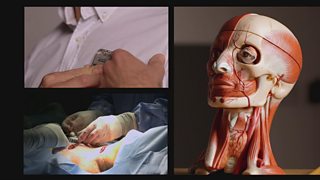
Most survivors face dramatic changes to their lives. Up to 75% report some form of weakness or loss of mobility in the arms and hands. This is one of the main reasons stroke survivors need long-term care.
Patients normally go through a course of physiotherapy to help them regain hand and arm strength. But in many cases, this isn’t fully effective, and patients are left with ongoing problems.
However, a new form of therapy promises to transform the chances of restoring movement and strength.
An innovative new trial at the Queen Elizabeth Hospital in Glasgow aims to compensate for the damage to the brain by stimulating a key nerve in the body, the vagus nerve. This nerve runs from the brain through the neck to the abdomen, and has many functions throughout the body.
The innovation at the heart of this new treatment is a surgical implant that uses the vagus nerve to send electrical impulses to the brain. Once the device is implanted, the participant undergoes six weeks of intensive physiotherapy. It is believed that stimulating the vagus nerve at the same time as repeating physical actions, encourages the brain to bypass the areas damaged by stroke.
Each time the patient performs a task during the therapy session, the therapist will trigger a computer to send a wireless signal to the implant, which then stimulates the vagus nerve.
That sends a signal to the brain, activating the brain stem and causing the release of several key chemicals onto the surface of the brain. It is thought that by increasing the concentration of those chemicals at the same time as physiotherapy training, this increases the ability of the brain to re-wire itself to work around the damaged areas and recover.
Early results from the trial are promising, with patients’ ability to carry out basic everyday tasks being significantly improved by the therapy.







